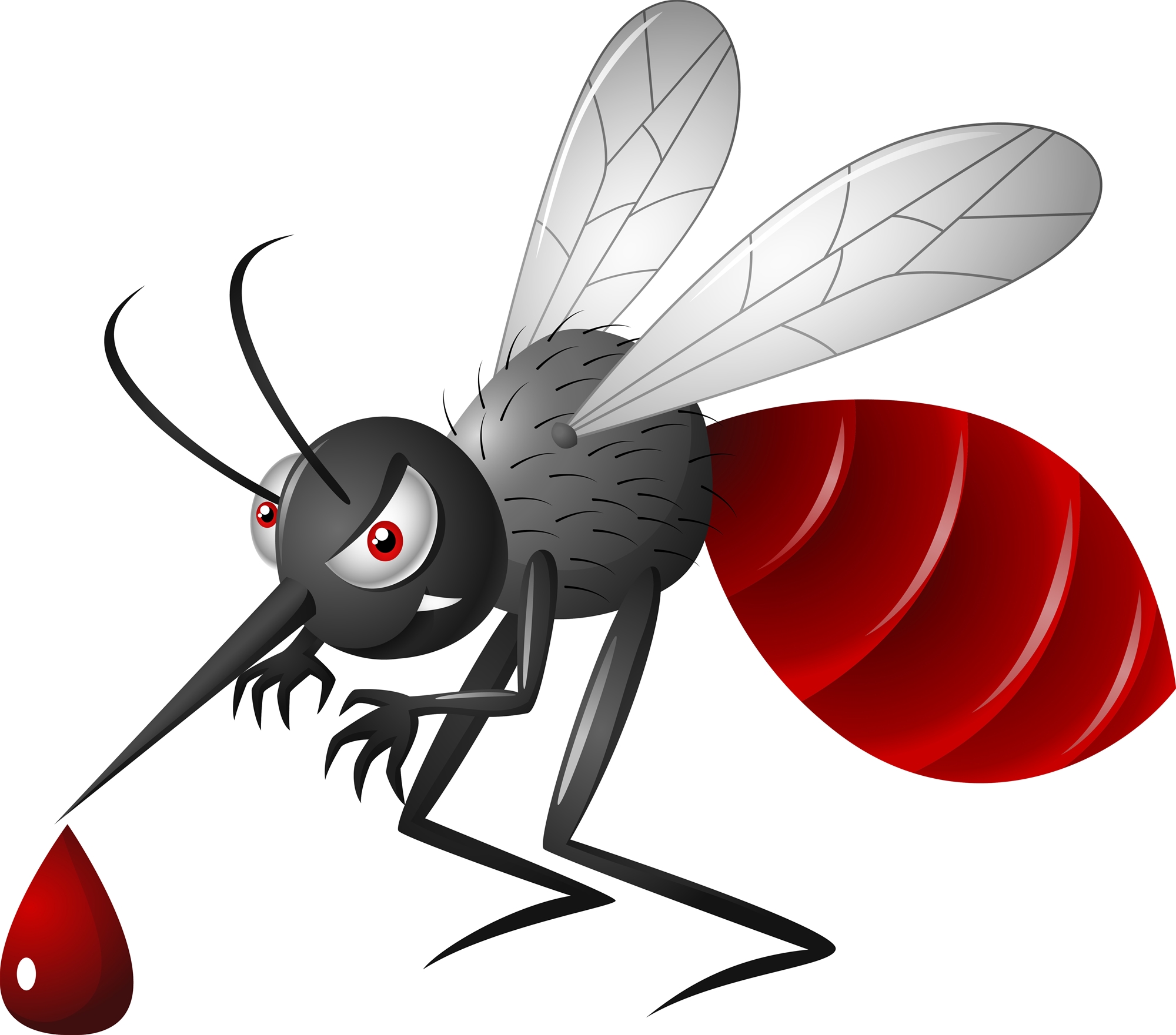What is Japanese encephalitis?
- Japanese encephalitis is an acute infectious disease caused by Japanese encephalitis virus, which can be transmitted to humans through mosquito bites. The main vector mosquitoes in Taiwan that transmit Japanese encephalitis are Culex tritaeniorhynchus. The epidemic season is from May to October every year. The peak of vector mosquito bites is usually at dawn and dusk.
- Those suffering from Japanese encephalitis mostly show no symptoms, while a small number of children will have headache, fever, aseptic meningitis or encephalitis, and severe cases may include headache, high fever, cramps, convulsions, or coma, which may result in neurological or mental sequelae or death.
- Administering the Japanese encephalitis vaccine is the most effective method of prevention and treatment.
Japanese encephalitis vaccine
- The long-term use of the inactivated Japanese encephalitis vaccine in Taiwan has clearly shown the benefit of vaccination and control. In order to adapt to the changing trend of vaccine production technology, the live attenuated Japanese encephalitis vaccine in cell culture has been adopted since May 22, 2017.
Vaccine recipients and schedule
- Routine vaccination schedule for children: 2 doses should be administered.
- The first dose is given at 15 months after birth, and the second dose is given 12 months later.
- Those who have received an inactivated Japanese encephalitis vaccine should continue to receive a live attenuated vaccine according to the following principles:
- 1 dose already received: The first dose is given more than 14 days after the previous dose, and the second dose is given 12 months later.
- 2 doses already received: 1 dose should be given at least 12 months after the last dose and no additional dose is required thereafter.
- 3 doses already received: 1 dose at age 5 before school enrollment, at least 12 months after the last dose.

Conditions where vaccination should be postponed or is not suitable:
- Severe allergic reaction to any component of the vaccine.
- Those with congenital or acquired immunodeficiency, who are on chemotherapy or high-dose systemic corticosteroids for ≥ 14 days.
- Those infected with the human immunodeficiency viruses (HIV), no matter whether there are symptoms or not, whose immune function is defective.
- Those who have a fever or are suffering from acute moderate to severe diseases should be vaccinated after their condition is stable.
- Those who have been given BCG, varicella, MMR vaccines in the last month.
- Those who have had intramuscular immunoglobulin injection in the last three months.
- Those who have been given a blood transfusion in the last 6 months.
- Those who have been given high dose intravenous immunoglobulin in the last 11 months.
Possible adverse reactions and response methods after vaccination
- The injection site is generally painful, red, swollen. A cold compress can be applied followed by a hot compress 2 days later. Please pay attention to avoid frostbite or a scald.
- A few may have mild or moderate general weakness, muscle pain, irritability, loss of appetite, fever, headache and other symptoms 3 to 7 days after inoculation. They can be supplemented with more water, and the above symptoms will go away within a few days.
- Severe allergies, lethargy or spasms are extremely rare.
★ If the above symptoms still do not improve, seek medical treatment as soon as possible★

